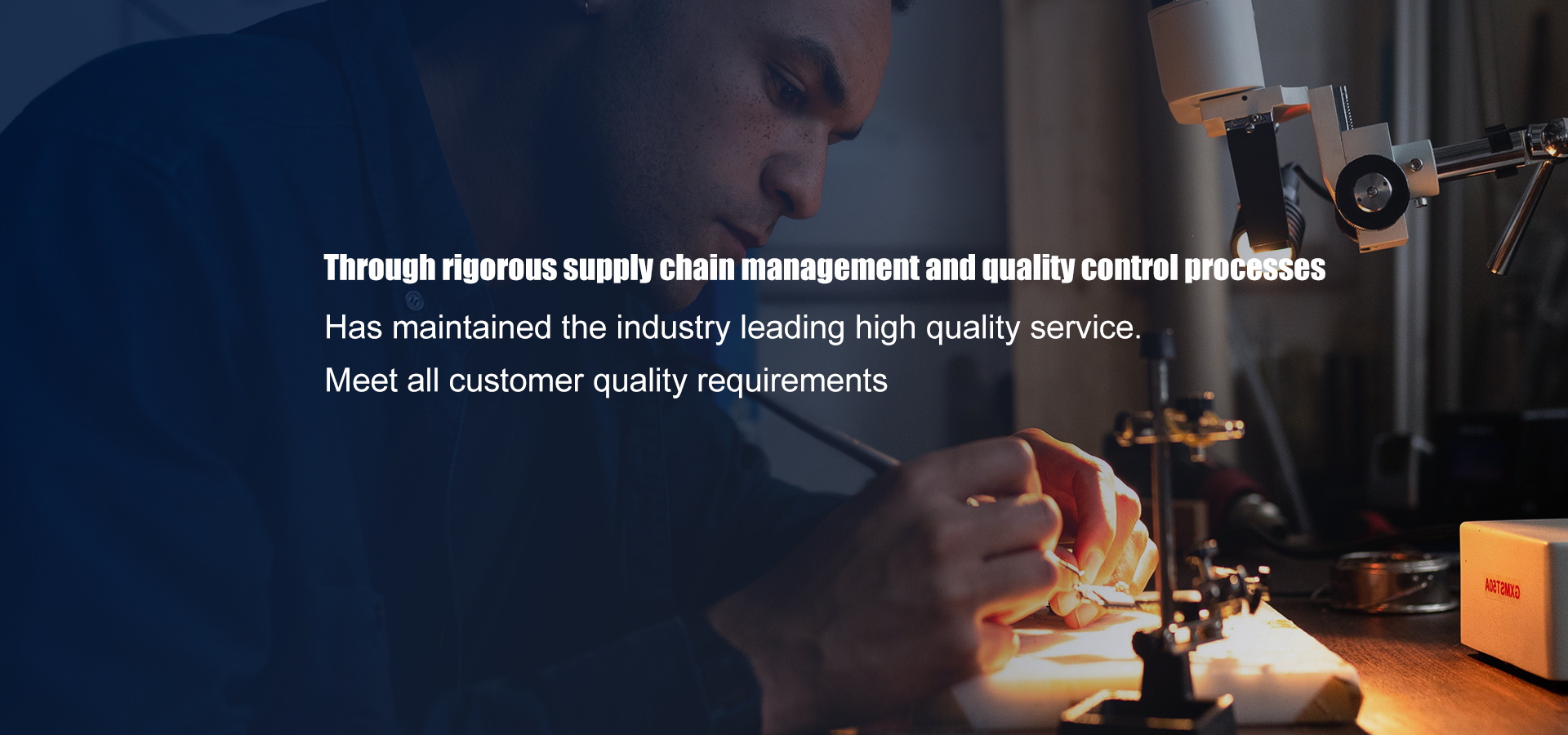

Accurately forecasting blood glucose levels has long been a significant challenge in health management, particularly for those with diabetes. However, thanks to the rapid progress in artificial intelligence (AI), this obstacle is gradually being surmounted. A recent breakthrough comes in the form of GluFormer, an AI model jointly developed by the Weizmann Institute of Science, Tel Aviv-based startup Pheno.AI, and NVIDIA, which holds great promise for diabetes prevention and precision nutrition.
GluFormer: A Game-Changer for Diabetes Prevention
Diabetes ranks among the top 10 causes of death globally, affecting nearly 10% of adults. Its complications, such as kidney damage, vision loss, and cardiovascular diseases, severely diminish patients' quality of life. By 2030, the economic burden of diabetes is projected to soar to $2.5 trillion, highlighting the critical importance of early diagnosis and prevention.
GluFormer is a generative AI model that predicts an individual's future blood glucose levels and other health metrics based on historical continuous glucose monitoring (CGM) data. This technology provides robust support for early diabetes detection and prevention. Beyond glucose forecasting, GluFormer can analyze how individuals respond to specific foods and dietary changes, enabling personalized nutrition management.
The Technology and Data Driving GluFormer
Based on the Transformer architecture (similar to OpenAI's GPT models but generating glucose predictions instead of text), GluFormer was trained on 14 days of CGM data collected every 15 minutes from over 10,000 non-diabetic participants via wearable monitors. This dataset is part of Pheno.AI's Human Phenotype Project, which aims to improve health through large-scale data analysis.
GluFormer's predictive capabilities go beyond glucose levels, including:
Visceral adipose tissue (fat around organs like the liver and pancreas)
Systolic blood pressure (linked to diabetes risk)
Apnea-hypopnea index (a measure of sleep apnea associated with type 2 diabetes)
The model was validated across 15 additional datasets, demonstrating strong generalization for diverse populations—prediabetes, type 1/2 diabetes, gestational diabetes, and obesity.
Expert Insights
Guy Lutsker (NVIDIA researcher & Weizmann Institute PhD candidate): "The maturity of generative AI, coupled with the availability of large-scale health data, has created a unique opportunity to extract actionable medical insights."
Gal Chechik (Senior Director of AI Research, NVIDIA): "Medical data, especially CGM, serves as a series of diagnostic tests tracking lifelong biological processes. Transformers process these sequences to predict future outcomes, learning how diagnostic measures evolve over time."
GluFormer exemplifies NVIDIA's dedication to leveraging AI to address global healthcare challenges. By simulating real-world glucose patterns, it has the potential to revolutionize chronic disease management, enabling earlier interventions, better patient outcomes, and reduced economic impacts.
The Future of AI in Healthcare
GluFormer not only offers new hope for diabetes prevention and precision nutrition but also highlights the transformative potential of AI in medicine. As technology continues to evolve, AI is set to play an even more significant role in safeguarding human health.


